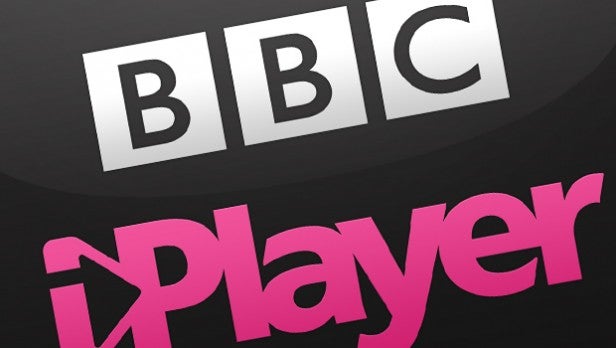TV licence fee set to rise for the fourth time in four years this April

For the fourth year in a row, the TV licence fee is going up. On April 1, the price of an annual TV licence will rise from £154.50 to £157.50 per year.
The cost of the black and white TV licence is set to rise too, from £52 per year to £53.
Related: Best TV
The government says the approximately 2% price increase was calculated using the Consumer Price Index rate of inflation, measured over the 12 months spanning October 2018 to September 2019.
“Licence fee payers will receive a reminder or a payment plan reflecting the new amount when their licence is next due for renewal. Those buying or renewing a licence after 1 April 2020 will pay the new fee,” the BBC has explained.
“Those already buying a licence on an instalment scheme which started before 1 April 2020, such as monthly direct debit or weekly cash payments, will continue to make payments totalling £154.50 until their licence comes up for renewal.”
If you’re due to renew your TV licence in March but don’t pay up in time, you may then have to pay the new rate rather than the current one.
In 2016, when the cost of an annual TV licence was £145.50, the government announced that the fee would rise every year for five years from 2017.
Before that, the list time the TV licence fee had gone up was in 2010, when it increased from £145.50 to £147.
Anyone watching or recording TV programmes as they are shown on TV, or watching or downloading BBC programmes on iPlayer needs to be covered by a licence. However, iPlayer doesn’t force you to prove you’re a TV licence holder when you try to access it.
Related: Best VPN
Which brings me to this mildly amusing section of the TV licensing website:
“If you tell us you don’t need a licence, we may confirm this with a visit to your address. This is because when we visit and make contact, we find one in six people that tell us they don’t need a TV Licence actually do need one. If you are not licensed, you risk prosecution and a fine of up to £1,000 plus any legal costs and/or compensation you may be ordered to pay.”


